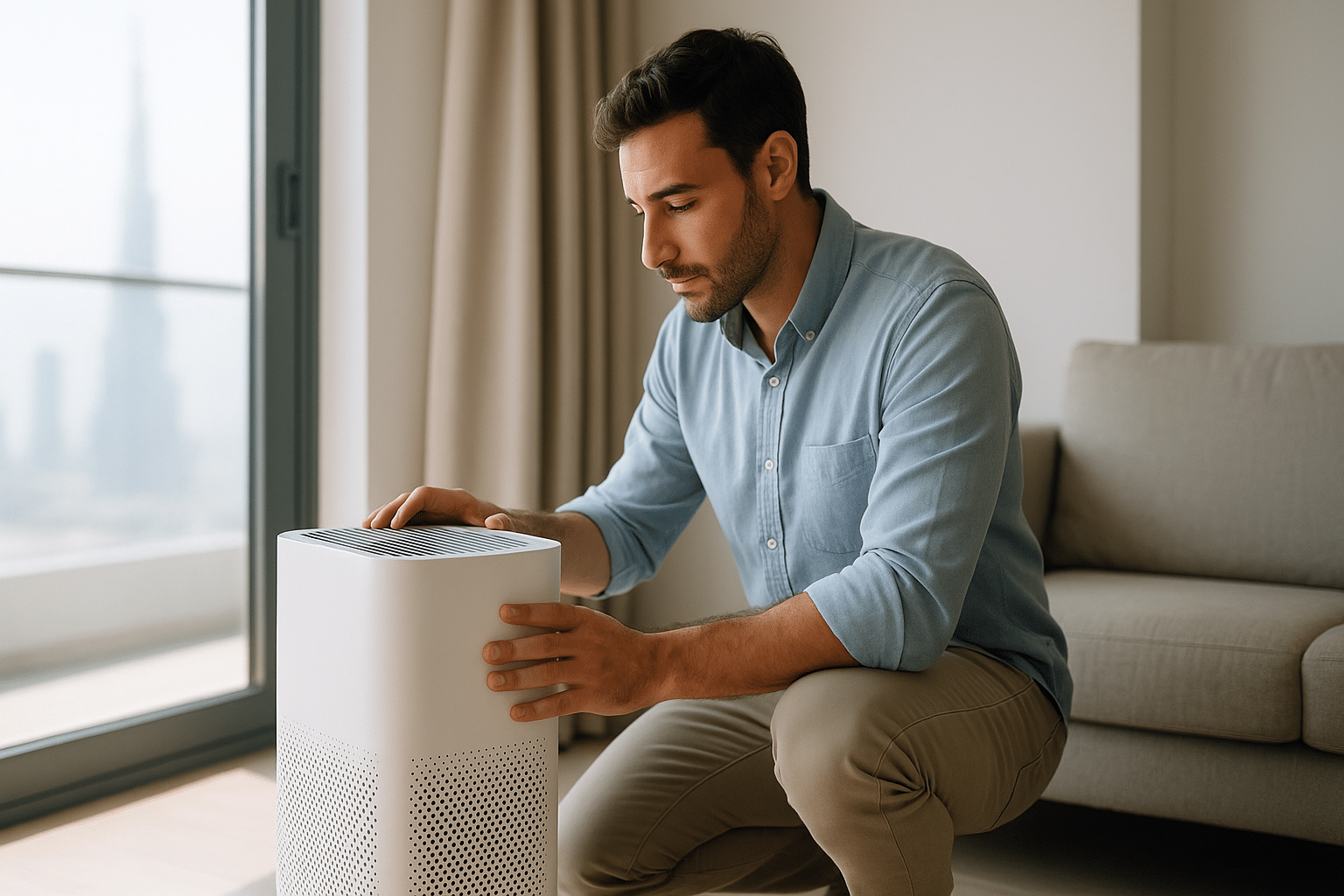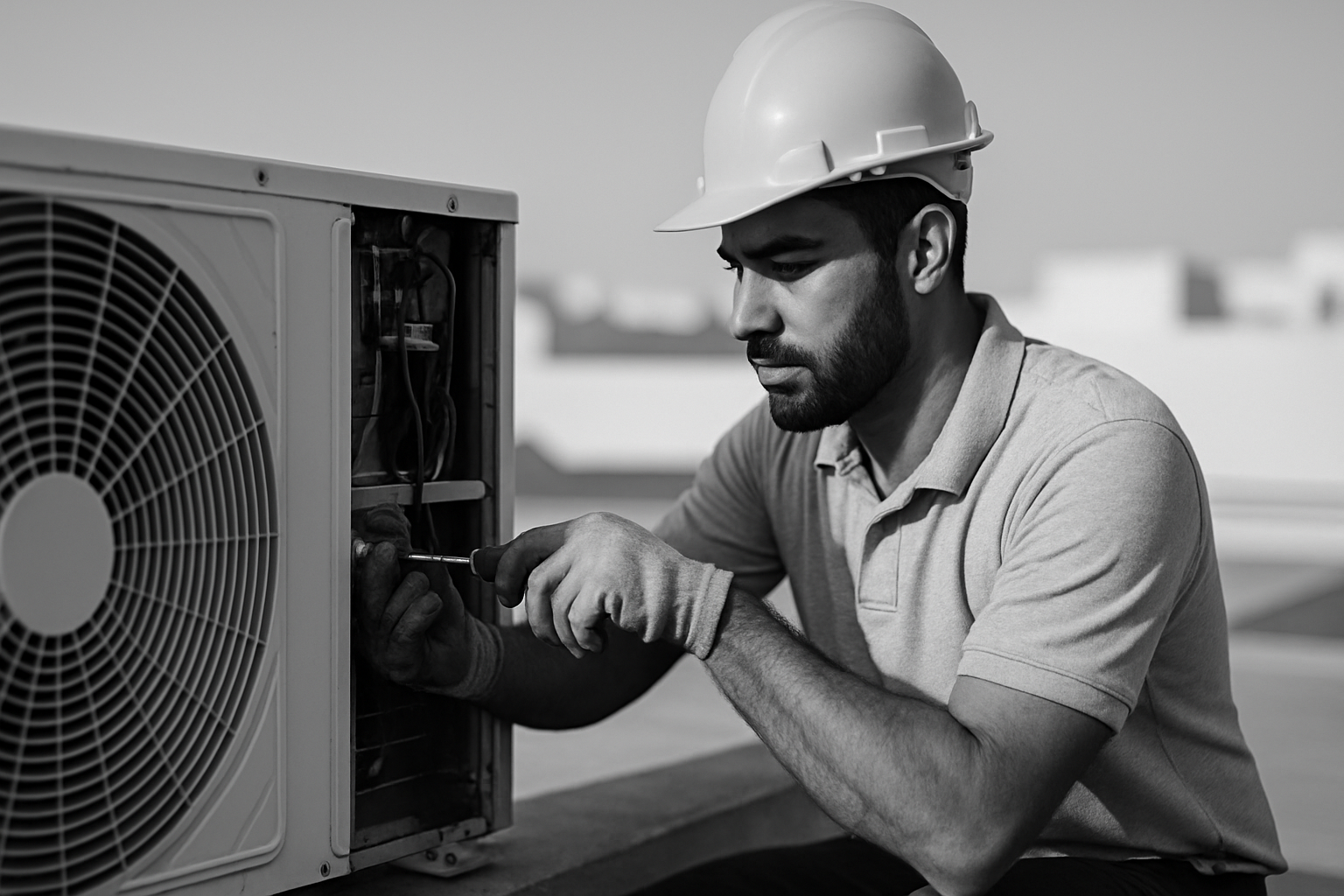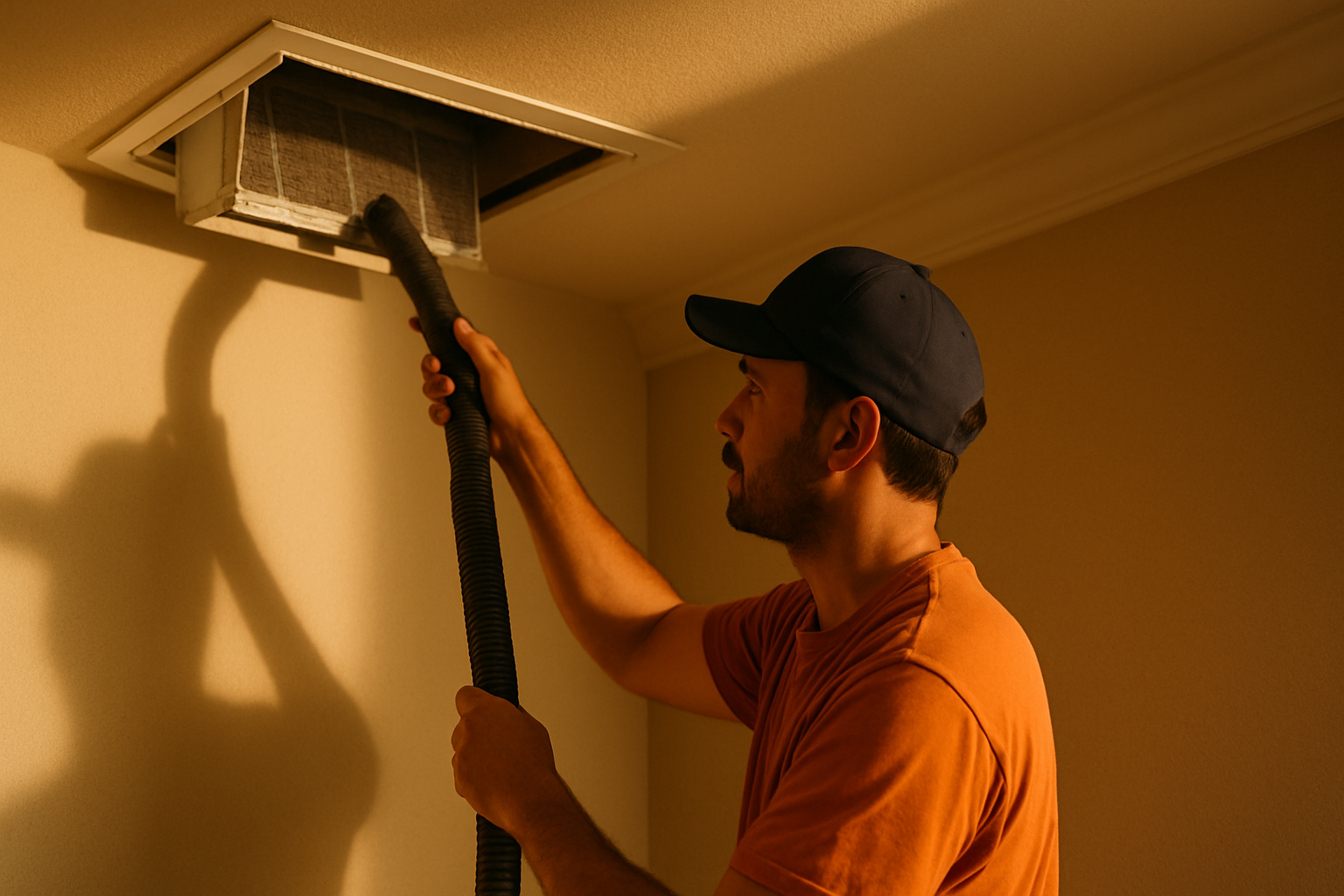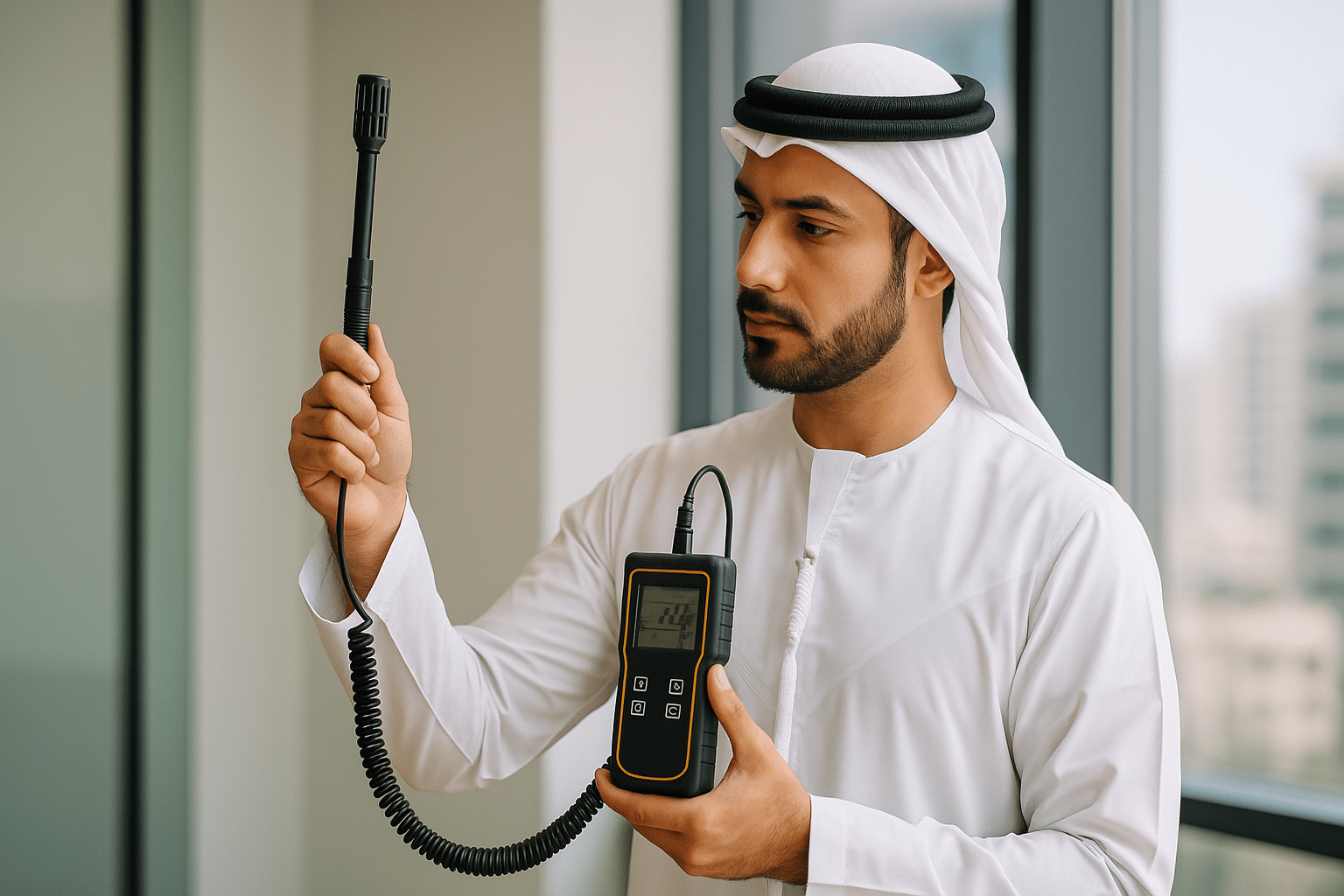
10 Effective Strategies for Improving Indoor Air Quality Solutions Dubai
Table of Contents
Contents
- 1 Table of Contents
- 2 FAQ on Improving Indoor Air Quality Solutions Dubai
- 3 How To Maintain AC for Better Air Quality in Palm Jumeirah
- 4 Key Benefits of Improving Indoor Air Quality in Dubai Homes
- 5 Common Pollutants Affecting Indoor Air Quality in Dubai
- 6 Smart Steps for Improving Indoor Air Quality in Office Spaces
- 7 Role of Regular AC Care in Improving Indoor Air Quality Solutions Dubai
- 8 How Dubai Regulations Support Indoor Air Quality Enhancement
- 9 Actionable Tips for Sustained Air Quality Improvement in Dubai
- 10 Importance of Professional Services in Indoor Air Quality Solutions
- 11 Conclusion and Call to Action
- 12 Advanced Strategies for Improving Indoor Air Quality Solutions Dubai
FAQ on Improving Indoor Air Quality Solutions Dubai
Improving indoor air quality solutions Dubai is a critical concern for residents, especially given the unique climate and urban dynamics of this vibrant city. Many frequently ask: What are the primary sources of indoor pollutants in Dubai homes? How often should air conditioning systems be serviced to maintain optimal air quality? Does indoor air quality have direct health implications specific to Dubai’s environment? This section addresses these common questions to give a solid foundation for understanding key aspects and practical approaches for air quality improvement.
Indoor air pollution in Dubai often originates from dust accumulation due to frequent desert winds, emissions from nearby traffic, and indoor activities like cooking or the use of chemical cleaning products. Regular maintenance of cooling systems, especially in areas like Palm Jumeirah where luxury residences often rely heavily on AC, significantly lowers airborne contaminants. Ensuring air filters are cleaned or replaced every few months is a commonly recommended interval by local HVAC professionals.
Moreover, maintaining high indoor air quality aligns with health guidelines enforced by the Dubai Municipality and the Dubai Health Authority (DHA). They highlight decreased risks of respiratory ailments and improved overall wellness through maintaining clean air environments indoors.
How To Maintain AC for Better Air Quality in Palm Jumeirah
Proper AC care is a cornerstone in improving indoor air quality solutions Dubai, especially in affluent communities like Palm Jumeirah where air conditioning systems run year-round. The harsh climate, combined with high humidity levels, can cause rapid accumulation of dust, mold, and bacteria in air ducts and filters if not properly addressed.
Here are actionable steps for Palm Jumeirah residents to optimize their AC units for healthier air:
- Regular Filter Replacement: Use high-efficiency particulate air (HEPA) filters to trap smaller pollutants and allergens effectively.
- Professional Duct Cleaning: Schedule annual mechanical cleaning by certified providers to remove dust buildup and microbial growth.
- Check Condensate Drainage: Prevent moisture accumulation inside AC units to inhibit mold growth.
- Monitor Indoor Humidity: Maintain levels around 40-60% to reduce dust mite and mold proliferation.
- Use Smart Thermostats: Optimize operational timing and reduce unnecessary energy use while preserving air circulation.
Palm Jumeirah residents relying on companies like Saniservice, a dedicated local firm, benefit from specialized AC care crafted for Dubai’s climate and architectural trends. This targeted approach not only improves indoor air quality but also extends the lifespan of cooling systems.
Key Benefits of Improving Indoor Air Quality in Dubai Homes
Understanding the benefits of improving indoor air quality solutions Dubai helps homeowners prioritize investment in air purification and maintenance initiatives. Clean air supports an overall healthier lifestyle, enhanced comfort, and economic savings.
Key benefits include:
- Health Improvements: Reduced incidents of allergies, asthma triggers, and respiratory infections due to lower concentrations of dust, pet dander, and airborne microbes.
- Enhanced Comfort: Better breathable air improves sleep quality and reduces irritations such as eye and throat dryness common in Dubai’s dry climate.
- Energy Efficiency: Systems free of dust and mold operate more efficiently, lowering electricity consumption—a critical factor aligned with Dubai’s sustainability goals.
- Property Value Protection: Maintaining good indoor air quality supports the overall upkeep of HVAC systems and structural elements, preserving property condition.
Common Pollutants Affecting Indoor Air Quality in Dubai
To effectively improve indoor air quality solutions Dubai, it is essential to understand the typical indoor pollutants residents face. Dubai’s specific environment and lifestyle create unique challenges that impact air quality indoors.
Common indoor pollutants include:
| Pollutant | Source | Health Impact |
|---|---|---|
| Dust and Sand Particles | Desert winds, open windows, construction sites | Respiratory irritation, allergy aggravation |
| Mold and Mildew | Humidity buildup in AC systems and damp areas | Asthma triggers, fungal infections |
| Volatile Organic Compounds (VOCs) | Cleaning agents, paints, lacquers | Headaches, eye irritation, long-term toxicity |
| Carbon Monoxide (CO) | Faulty gas appliances, insufficient ventilation | Poisoning, fatigue, dizziness |
Identifying and controlling these pollutants through targeted indoor air quality solutions can dramatically enhance health outcomes for Dubai residents.
Smart Steps for Improving Indoor Air Quality in Office Spaces
Workplace air quality in Dubai’s commercial buildings is an increasingly important topic as businesses align with health and safety directives from authorities such as Dubai Municipality and the DHA. Improving indoor air quality solutions Dubai for offices helps enhance employee productivity, satisfaction, and reduces absenteeism.
Effective strategies for office environments include:
- Installing Air Purification Units: Deploy HEPA or activated carbon filters in central HVAC systems to reduce contaminants.
- Implementing Green Walls or Indoor Plants: Certain plants help filter air naturally and add humidity balance.
- Enforcing Smoke-Free Zones: Strict no-smoking policies indoors eliminate tobacco-related pollutants.
- Routine HVAC Maintenance: Engage certified cleaning services regularly to prevent mold and dust accumulation.
- Improving Ventilation: Increase air exchanges by optimizing window use and mechanical ventilation where possible.
Role of Regular AC Care in Improving Indoor Air Quality Solutions Dubai
Maintaining AC systems is unmatched in importance when it comes to improving indoor air quality solutions Dubai. AC units act as the primary air circulation and filtration mechanism in most homes and offices, especially in Dubai’s hot climate.
Key practices for superior AC care include:
- Routine Filter Checks and Replacement: Airborne particles accumulate quickly. Consistent filter replacement significantly reduces pollutants.
- Periodic Professional Duct Cleaning: Air ducts can harbor contaminants that recirculate indoors if not cleaned.
- Monitoring System Performance: Ensuring optimal airflow, refrigerant levels, and humidity control supports air quality.
- Using Quality Parts: Employ components designed for the Dubai climate to resist corrosion and microbial growth.
Partnering with trusted service providers who specialize in Dubai’s environmental conditions guarantees tailored maintenance and sustainable indoor air improvements.
How Dubai Regulations Support Indoor Air Quality Enhancement
Dubai’s governing bodies actively support improving indoor air quality solutions Dubai through regulations and standards. The Dubai Municipality has introduced building codes and inspection protocols requiring proper ventilation and pollutant control in residential and commercial properties.
Some regulatory aspects include:
- Mandatory air quality assessments during construction and renovation phases to meet Dubai’s indoor air quality standards.
- Guidelines for HVAC maintenance schedules to align with health and safety mandates.
- Promotion of environmentally friendly materials to reduce VOC emissions indoors.
- Supporting public awareness programs on healthy indoor environments.
These initiatives reinforce local efforts promoting healthier indoor environments tailored to Dubai’s unique climate and urban infrastructure.
Actionable Tips for Sustained Air Quality Improvement in Dubai
Consistency is key in maintaining the benefits of enhanced indoor air quality in Dubai. Here are practical tips to sustain high air standards:
- Schedule Biannual AC Maintenance: Twice-yearly checkups ensure system efficacy.
- Reduce Indoor Pollutant Sources: Use natural cleaning products and avoid excessive indoor smoking.
- Enhance Natural Ventilation: When possible, open windows during cooler hours to circulate fresh air.
- Educate Household Members: Awareness about air pollution sources aids collective care.
- Invest in Air Quality Monitoring Devices: Real-time data helps identify issues early.
Importance of Professional Services in Indoor Air Quality Solutions
While homeowner efforts are essential, engaging professional service providers specializing in improving indoor air quality solutions Dubai makes a profound difference. Certified technicians have access to industry-grade equipment and adhere to local standards set by Dubai Municipality and DHA, ensuring thorough and safe interventions.
Companies like Saniservice, provide expert AC care and indoor air quality services strictly in Dubai, addressing the city’s climatic challenges and architectural needs. Moreover, partnering with organizations that follow guidelines from authoritative bodies such as NADCA helps maintain global standards adapted for Dubai’s local context.
Professional support guarantees not only immediate improvements but sustainable air quality over the long term.
Conclusion and Call to Action
Improving indoor air quality solutions Dubai demands a balanced approach combining regular AC maintenance, pollutant control, regulatory compliance, and professional assistance. Following the strategies outlined in this comprehensive guide empowers residents in Palm Jumeirah and wider Dubai to breathe healthier air daily.
Take the first step today by scheduling a professional AC system check or engaging a trusted service provider like Saniservice. Enhance your indoor environment and safeguard your family’s health with smart, proven solutions designed specifically for Dubai’s unique conditions.
Advanced Strategies for Improving Indoor Air Quality Solutions Dubai
Maintaining optimal indoor air quality (IAQ) in Dubai’s climate and urban environment presents unique challenges and opportunities. With rapid urbanization and increasing awareness about health and wellness, there is a growing demand for comprehensive improving indoor air quality solutions Dubai. This section explores advanced strategies and best practices tailored to Dubai’s specific conditions, helping residents and businesses create healthier indoor environments.
Understanding Dubai’s Indoor Air Pollution Factors
Dubai’s hot and arid climate means buildings remain sealed tightly for air conditioning to function efficiently. This results in limited natural ventilation, which can trap indoor pollutants such as dust, volatile organic compounds (VOCs), and microbial allergens. Additionally, the city’s high traffic density in areas like Business Bay and Dubai Marina contributes to elevated outdoor pollution, which often infiltrates indoor spaces through ventilation systems if not properly filtered.
Common sources of indoor pollution in Dubai include:
- Construction dust from ongoing developments in Downtown Dubai and Medos.
- Emissions from cooking and cleaning products containing harsh chemicals.
- Mold and moisture accumulation due to air conditioning condensation.
- Office equipment such as printers and copiers releasing ozone or VOCs.
Understanding these local pollutant sources is crucial for selecting appropriate indoor air quality solutions.
Effective Technologies and Approaches for IAQ Improvement
Improving indoor air quality solutions Dubai involves integrating proven technologies and practical approaches to address both contaminants and air circulation challenges.
- High-Efficiency Particulate Air (HEPA) Filters: These are essential in trapping fine particulates and allergens commonly found in urban Dubai environments. Incorporating HEPA filters into HVAC systems or as standalone units can significantly reduce dust and pollen indoors, especially important in residential areas like Arabian Ranches.
- Activated Carbon Filtration: This technology is effective in adsorbing harmful chemical fumes and odors, particularly VOCs emitted from cleaning agents or paints used in new office spaces in Business Bay.
- Smart Ventilation Systems: Modern HVAC units equipped with smart sensors can monitor indoor pollutant levels and adjust air exchange rates automatically. These systems optimize airflow while conserving energy, aligning with Dubai Municipality’s sustainability guidelines.
- Regular HVAC Maintenance: Frequent inspection and cleaning of air conditioners and ductwork prevent microbial growth and filter clogging. In Dubai’s humid coastal areas such as Dubai Marina, this is especially critical to prevent mold-related IAQ issues.
- Green Building Certifications: Compliance with standards from Dubai Municipality and the Dubai Green Building Regulations encourages the use of low-emission materials and improved air ventilation practices.
Behavioral Practices to Complement Technical Solutions
While technical systems form the backbone of effective IAQ management, occupant behavior plays a vital role.
- Regular Cleaning: Use non-toxic, environmentally friendly cleaning products to minimize chemical pollutants. Avoid aerosol sprays and opt for liquid or powder-based alternatives.
- Plant Integration: Incorporating indoor plants such as snake plants and spider plants, common in Dubai offices, can help improve air quality by naturally filtering toxins.
- Control Humidity Levels: Maintaining indoor humidity between 40-60% helps inhibit mold growth and reduces irritation caused by dry air—a frequent condition in Dubai’s air-conditioned buildings.
- Design for Natural Ventilation: Where feasible, architectural designs that allow cross-ventilation should be prioritized. In residential projects like Nad Al Sheba, incorporating windows and vents that can open to outdoor air improves freshness without compromising energy use excessively.
Compliance with Dubai’s Regulatory Framework
Improving indoor air quality solutions Dubai goes hand in hand with adhering to regulatory requirements established by local authorities. Dubai Municipality’s environmental quality standards mandate allowable pollutant thresholds inside public and commercial buildings. The Dubai Health Authority (DHA) also highlights IAQ as a critical component in healthcare facilities and schools across the city.
Employing IAQ solutions compliant with these regulations not only ensures legal adherence but also promotes occupant health and productivity.
Through a combined approach of advanced filtration technology, smart system integration, mindful occupant habits, and strict adherence to Dubai’s environmental standards, residents and businesses can effectively combat indoor air pollution challenges. This holistic strategy for improving indoor air quality solutions Dubai ultimately contributes to safer, healthier, and more comfortable living and working conditions throughout the city.






Leave a Reply